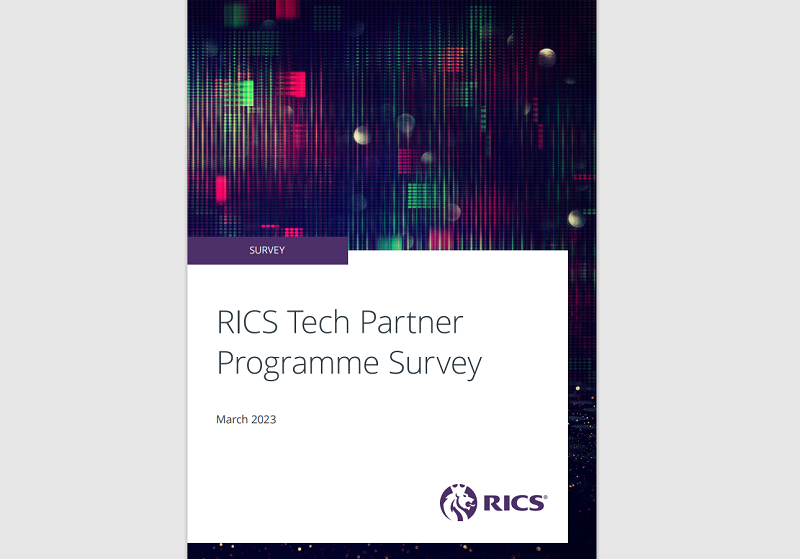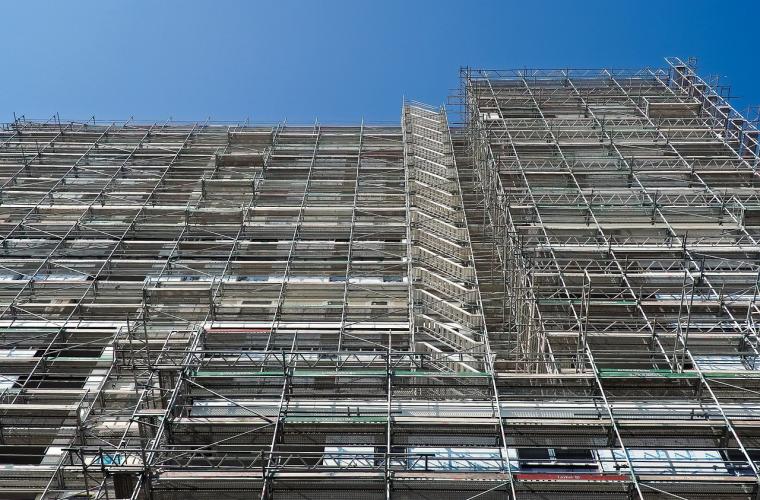RICS has released its first annual ‘RICS Tech Partner Programme Survey’ produced by surveying over 170 members of the RICS Tech Partner Programme community, a platform of experts who provide tech solutions for their clients across the land and property sector globally.
The digitalisation of the built and natural environment is driven by the emergence of ‘PropTech’, and by various demographic, economic and behavioural trends, coupled with the threat of climate change and the continued legacy of the pandemic.
Land, real estate, property, and infrastructure are challenged by these changes, and data and technology form part of the solution that the sector must adopt.

AI is a key theme throughout the report, and in all its various forms can be argued to be one of the most pervasive technologies affecting the sector. AI has both sector-specific uses, such as AVMs, as well as the increasingly popular customer service chatbots but the implementation of such technology comes with a degree of responsibility for businesses in terms of governance and security as mentioned in the report.
The strength of AI in the data analytics world is also playing a vital role in turning datasets of all sizes and varieties (that a human being would struggle to interpret) into information that enables decision support and modelling. AI can model complex scenarios, such as construction schedules, in a manner no human could achieve.
Sharing of data is also critical to AI success in some cases, and issues around data standards, data sharing and data quality shows the need for consolidation, and a recognition that standards need to work on an international basis. Data if collated will have huge value to firms, governments and society at large, but with so much land and property data stored in silos, in document form, and in many cases simply absent and uncollected, this task will undoubtedly take time and effort.
Unsurprisingly, ESG, efficiency and cost savings are seen as the most significant drivers for the adoption of new technologies. Compliance and competitive pressures also feature significantly in the survey results.
The survey results demonstrate that barriers continue to exist which slow tech adoption across the sector. Most barriers appear to be due to deficiencies in change management, culture, skills and leadership, and not a lack of data and tech.
Just over half of respondents to the survey remain optimistic about the levels of investment in data and technology being maintained, despite the recent shift in interest rates and other macroeconomic factors presenting challenges to the sector.
The author of the report, Andrew Knight, who serves as the Global Data and Tech Lead at RICS, said: “This report emphasises the potential of fully digitising the built and natural environment.
“Achieving increased digitisation will address the crucial challenge of sustainability and improving diversity across the profession, highlighting the critical importance of property professionals working together to develop and implement data and technology solutions right across the property lifecycle”.




















